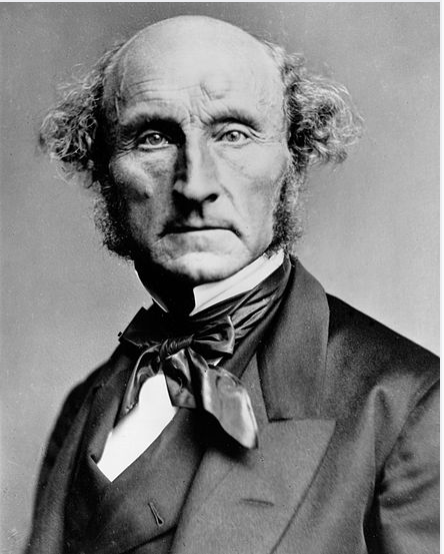William Stanley Jevons
William Stanley Jevons’ study while he lived in Sydney, Australia.
William Stanley Jevons (Timeline)
A timeline of William Stanley Jevons’ life, work, and ideas.
William Stanley Jevons in 1858.
A Brief Account of a General Mathematical Theory of Political Economy (1862)
In 1862, aged only 26 or 27, William Stanley Jevons presented a paper to a meeting of the British Association that envisioned a radical transformation of the discipline of economics. An early sketch of Jevons’ eventual magnum opus The Theory of Political Economy (1871), which would help launch the marginalist revolution, the paper argued that the incorporation of mathematical techniques into economics would allow economists to explain essentially all economic activity by deductively reasoning from a basic theory of utility.
William Stanley Jevons while he was a professor at UCL.
The Theory of Political Economy (1871)
In this 1871 book, William Stanley Jevons argued that the incorporation of mathematical techniques - in particular calculus - into economic theory would allow economists to explain essentially all economic activity by deductively reasoning from a basic theory of utility. The publication of this book, coupled with the contemporaneous work of Leon Walras and Carl Menger, marked a turning point for economic thought: Jevons, Walras, and Menger would launch the marginalist revolution and set economics on the path toward becoming the heavily mathematical discipline it is today.
John Stuart Mill.
When John Stuart Mill Cited William Stanley Jevons in the House of Commons
In an 1866 speech to the House of Commons, Member of Parliament John Stuart Mill argued that Britain’s diminishing reserves of coal meant that the then governing generation, and perhaps the next one or two, would be better positioned to pay off the national debt than subsequent generations. In making his case, Mill would cite William Stanley Jevons’ 1865 The Coal Question.
William Stanley Jevons (Works)
A timeline of Jevons’ essays and books.



